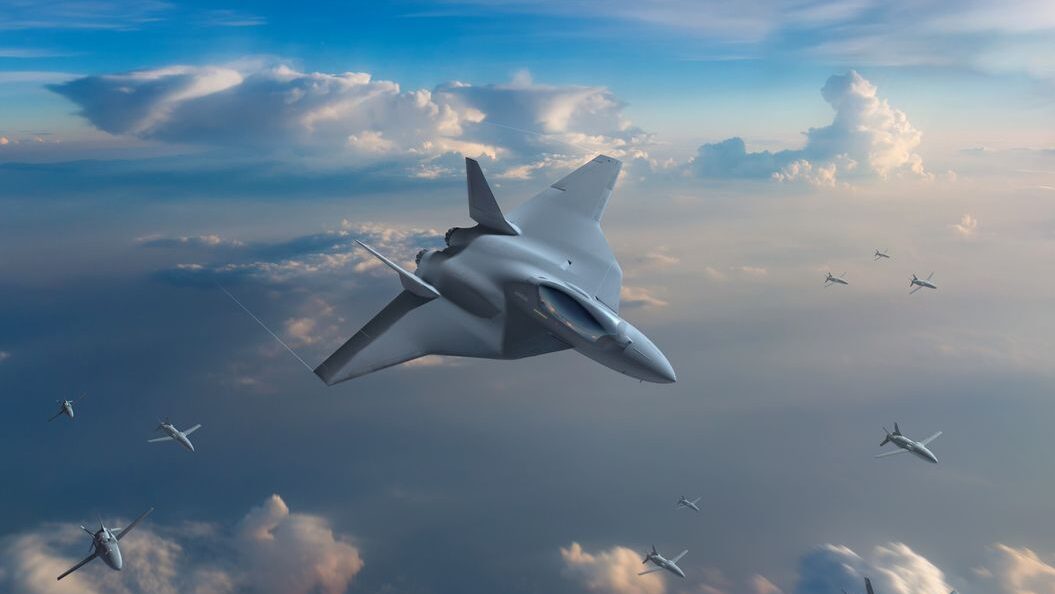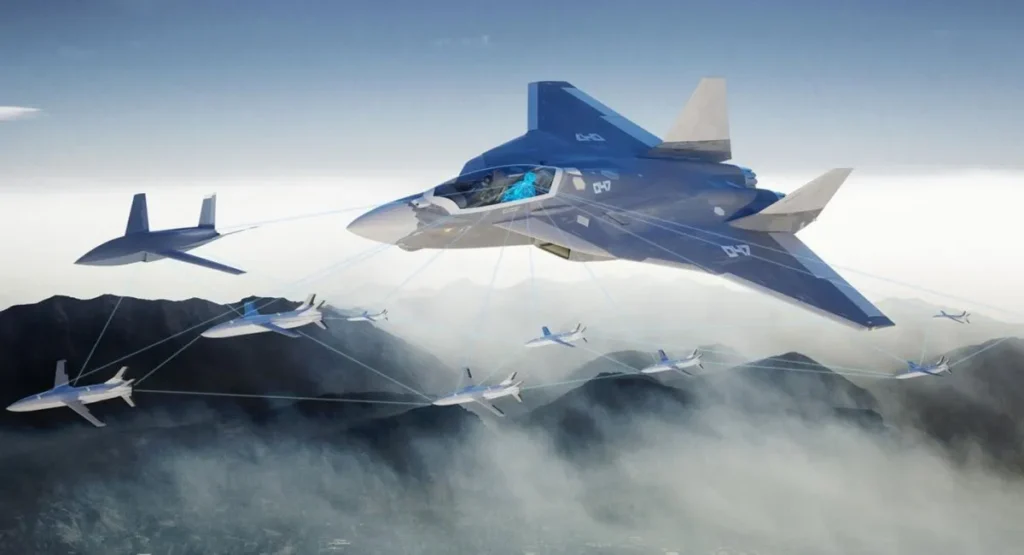The sixth-generation fighter project under the Future Combat Air System (FCAS) program, led by Germany, France and Spain, received not only another portion of criticism from the French, but also hints that they may go their own way.
This position was publicly voiced by Dassault Aviation CEO Eric Trappier during a hearing in the French parliament, which took place on April 9, writes Opex360. And all the arguments that the head of the French aircraft company gave looked very similar to nails in an FCAS coffin.
On the part of News Hub, we remind you that since December 16, 2022, the FCAS project is in phase 1B. This stage was estimated at 3.2 billion euros with a duration of about 3.5 years, that is, it should be completed in the summer of 2026.
It should be followed by phase 2 with the creation of the first prototype, which should take to the air at the level of 2028-2029. But according to the head of Dassault Aviation, the decision to move to phase 2 is very complicated by the fact that all decisions are made democratically and by the vote of all three members with equal voting power.
“There is no desire on the part of Dassault Aviation not to participate. But it’s very difficult. We cannot distribute work according to our wishes and we have to compromise, constantly negotiate… Now we need to negotiate phase 2. It is difficult and time-consuming, but if the French parliament wants, we will adapt. But I’m not sure about the effectiveness of such a model,” said Eric Trappier.

And the realities of negotiating with three looms over the possibility of negotiating already with four, because Belgium wants to join the FCAS project. This means another round of distribution of responsibilities and the issuance of relevant works to Belgian enterprises at the expense of the French share. And the more France distributes its works, the less competencies it has left. As the head of Dassault emphasized: “having taken this step, we will not be able to go back,” and we “must carefully consider what we are giving up in favor of our allies.”
At the same time, the distribution of responsibilities also causes difficulties due to the lack of relevant competencies. In particular, Airbus must create a fighter drone, the so-called faithful famous, although there is no experience in this. But Dassault has it – nEUROn, which was created, albeit in partnership, but under the chairmanship of a French company. In addition to this, there is a lack of sole management in the development of a single interface for the entire FCAS “system of systems”, i.e. the very interaction of all components.
The next “nail” – the development of a joint fighter for France means that it will be a carrier of French nuclear weapons. And its application, production or application cannot be limited to anyone, that is, Spain and Germany. At the same time, if Germany wants FCAS to carry American nuclear weapons, it can add components from the United States to it.
And in general, Eric Trappier has repeatedly pointed out that all decisions around the FCAS have political and diplomatic aspects. And when asked directly whether Dassault Aviation could independently develop a sixth-generation fighter, he made it clear, although diplomatically, that it was the French who had the competencies to create fighters, which they share with the Spaniards and Germans.

